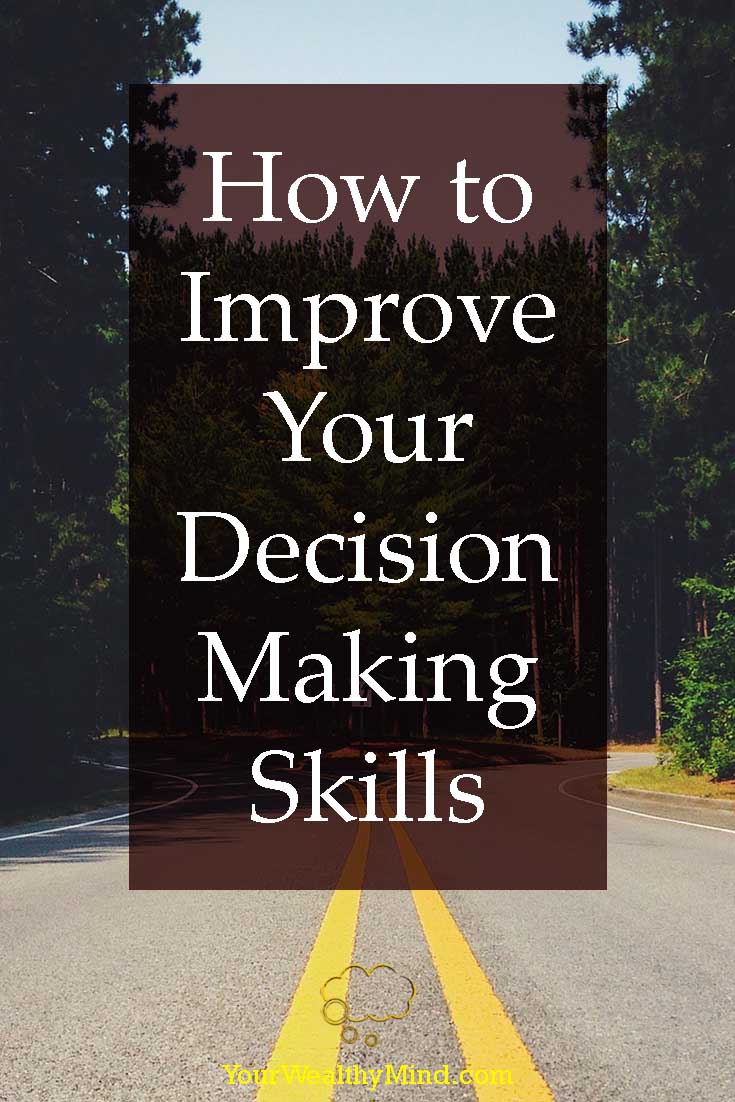Opting for Wisely: Strategies to Enhance Your Decision Abilities
Creating decisions is an essential part of our regular lives, influencing all aspects from our professional professions to our private relationships. However, regardless of the significance of decision-making, many people face challenges with it, often becoming burdened by the options present or frozen by the fear of making the wrong choice. In a world that requires quick thinking and effective problem-solving, mastering the art of intelligent making decisions has never been more critical.
In this article, we will look into proven methods to improve your decision-making capabilities, drawing insights from psychological research, critical thinking, and emotional intelligence. We will talk about how to assess options thoroughly, make decisive selections under duress, and combat common challenges like fatigue from decision making and getting stuck in overthinking. Whether you are a director making tough calls, a worker navigating job options, or simply someone aiming to make better decisions in life, the resources and methods provided here will equip you to make determinations with clarity and assurance.
Proven Strategies for Wise Choices
Creating wise decisions often depends on the ability to assess alternatives explicitly and logically. An useful technique is to employ decision-making structures that aid organize thinking methods. Tools like the Strengths, Weaknesses, Opportunities, Threats analysis or the Decision Matrix can highlight the benefits and disadvantages of each alternative, enabling you to weigh them against your beliefs and objectives. By arranging your ideas, you can remove distractions and zero in on what really matters, leading in increased knowledgeable and decisive decisions.
A further critical technique entails developing interpersonal awareness to boost your decision-making skills. Understanding your emotions and those of people can deliver insightful understandings, especially in team contexts or when encountering important decisions. By staying aware of affective influences, you can lessen biases that may obscure your judgment. Recognizing when fear or excessive confidence may misguide you allows for a more balanced method, empowering you to create decisions that align with both reason and affective understanding.
Ultimately, building daily practices that strengthen decision-making abilities is crucial. Easy practices, such as allocating time for review on prior decisions or deliberately seeking different perspectives, can improve your ability to assess situations carefully. With time, these practices develop a mindset that welcomes growth and education, further improving your capacity for creating wise choices under pressure. By incorporating these techniques into your routine, you establish a strong base for forming smarter decisions throughout your journey.
The Psychology of Optimal Decision-Making
Grasping the mindset behind our decisions is crucial for enhancing decision-making skills. One important aspect is the recognition of cognitive biases that can affect judgment. For example, confirmation bias leads people to choose information that supports their existing beliefs while ignoring evidence that contradicts their beliefs. Recognizing these biases can allow decision-makers to seek a more equitable perspective, in the end leading to more informed choices.
Emotional awareness also plays a significant role in effective decision-making. The ability to recognize and control an individual’s emotions, as well as to understand others, enables individuals to evaluate situations more holistically. This emotional skill can facilitate better decision-making in high-pressure scenarios, allowing for decisions that align better with both individual beliefs and the wider consequences for those involved.
Additionally, the setting in which decisions are made can significantly impact outcomes. High-stress environments may lead to impulsive decisions, while calmer settings encourage more thoughtful evaluation. Utilizing mindfulness techniques can help develop mental clarity, allowing individuals to approach decisions with greater attention and less stress. By establishing a conducive setting for decision-making, people can utilize both intuition and rationality more effectively, achieving equilibrium that supports better outcomes in their decisions.
Techniques to Combat Decision Fatigue
A useful approach to overcome decision fatigue is to streamline your daily decisions. Establishing routines can help reduce the number of decisions you need to make daily. For Check out the post right here , preparing your meals for the week or prepping your clothes the night before can conserve mental energy. When you eliminate trivial choices, you save your mental energy for more important decisions that require your full attention and analytical skills.

An additional method is to set time limits for decisions. By giving yourself a specific period, you can avoid prolonged deliberation that often leads to indecision and fatigue. This approach encourages quicker decision-making and helps avoid the trap of over-analyzing options. By embracing a sense of urgency, you force your mind to concentrate on key factors, which enables you to make more assured choices without becoming overwhelmed in excessive information.
Finally, practice self-care to maintain your mental clarity. Routine exercise, adequate sleep, and mindfulness practices can dramatically enhance your choice capabilities. When your mind is clear and focused, you are more prepared to handle complex decisions without feeling overwhelmed. Integrating these habits into your routine helps boost your choice-making stamina, ultimately enabling you to make better choices with reduced anxiety.